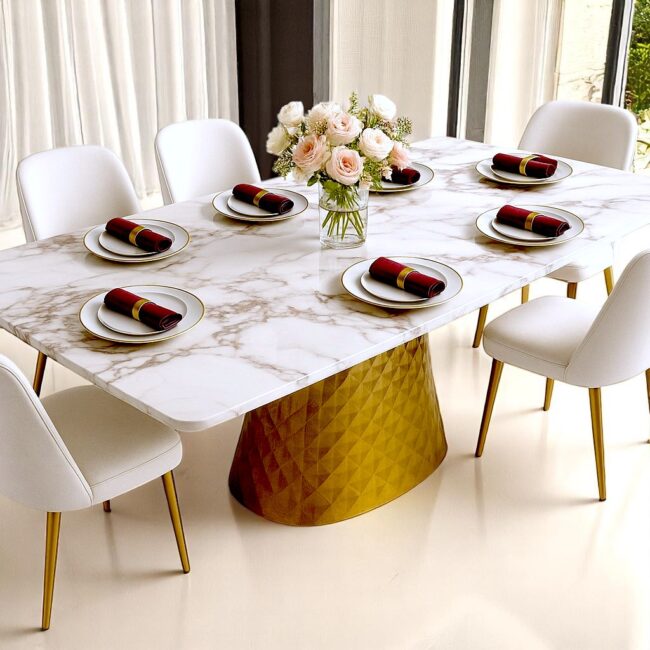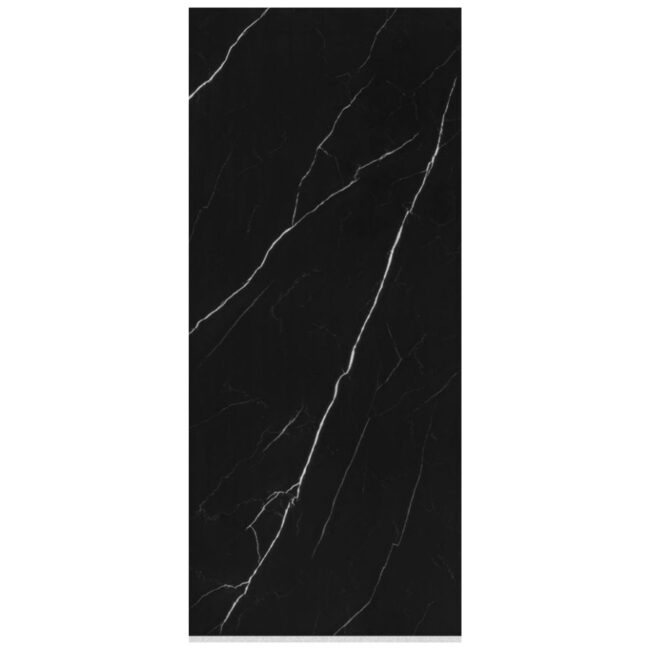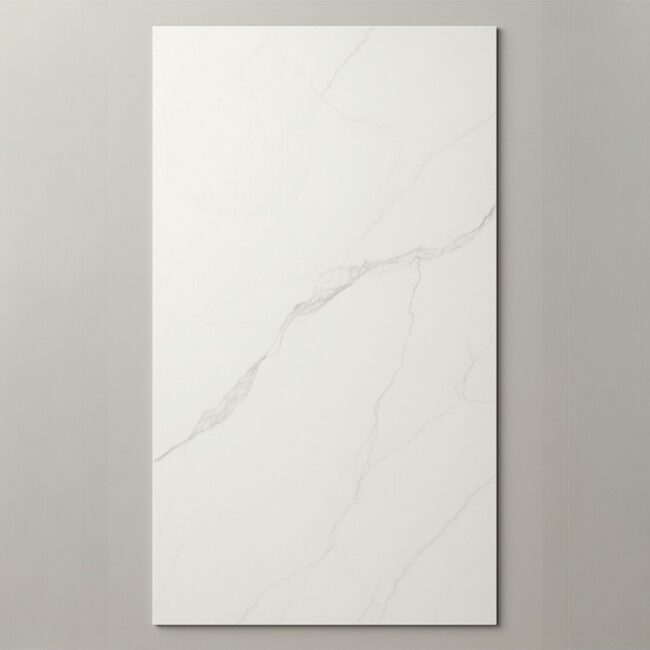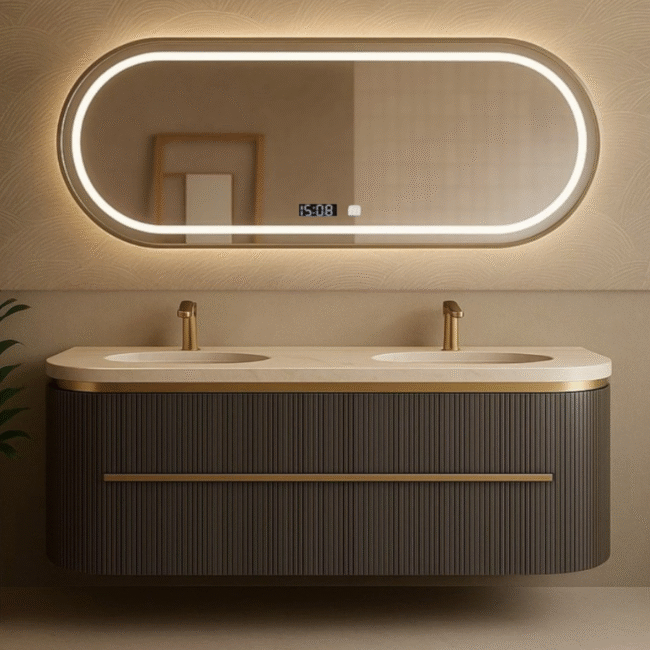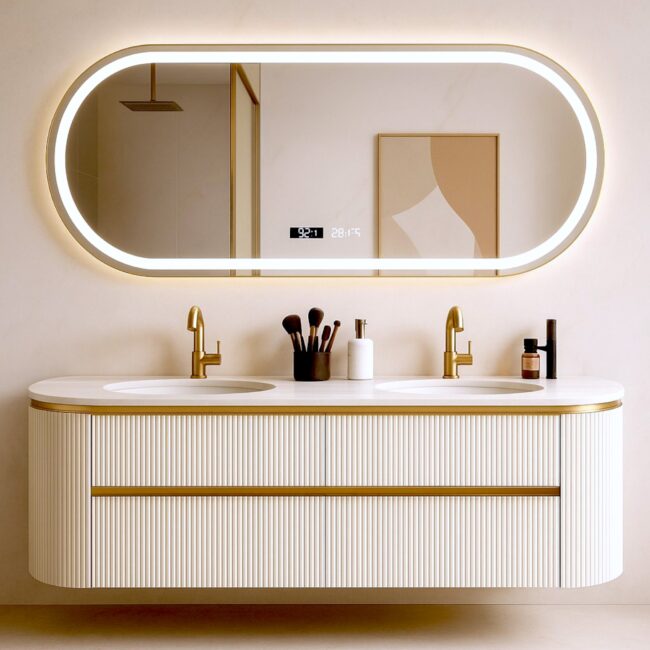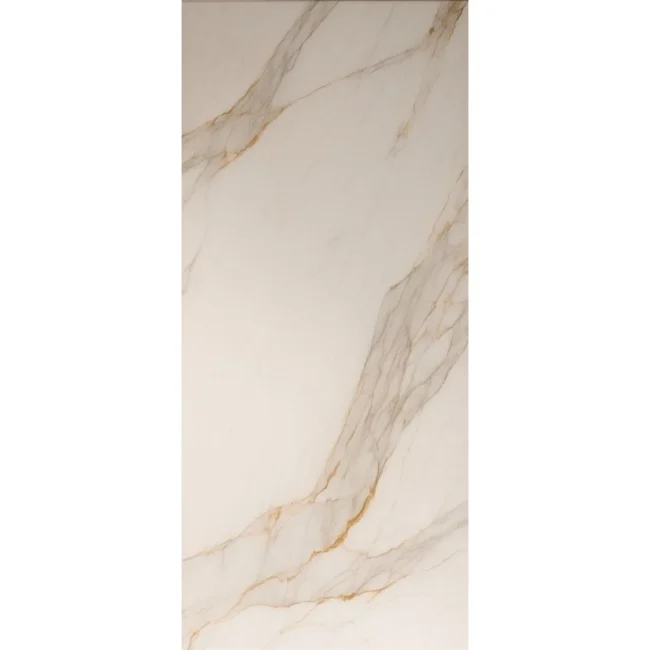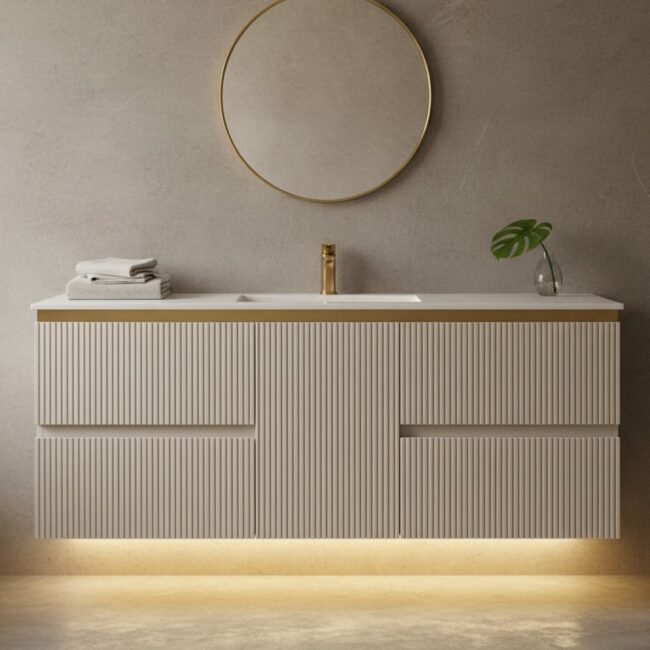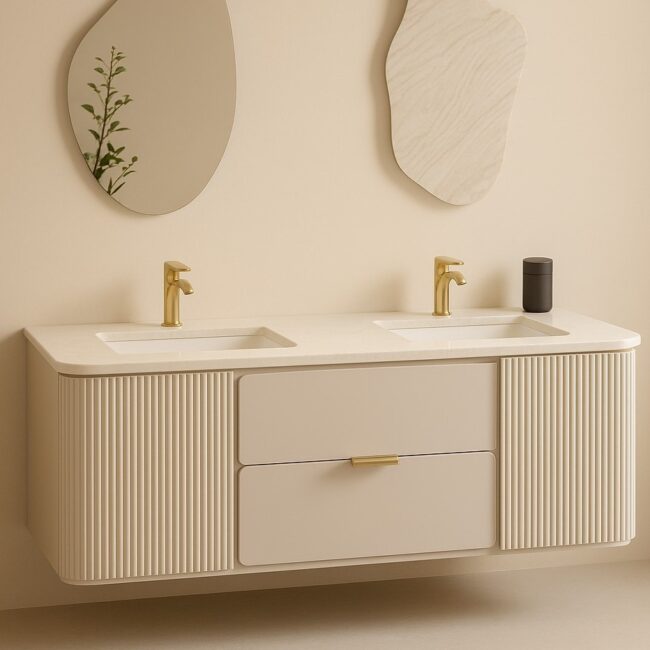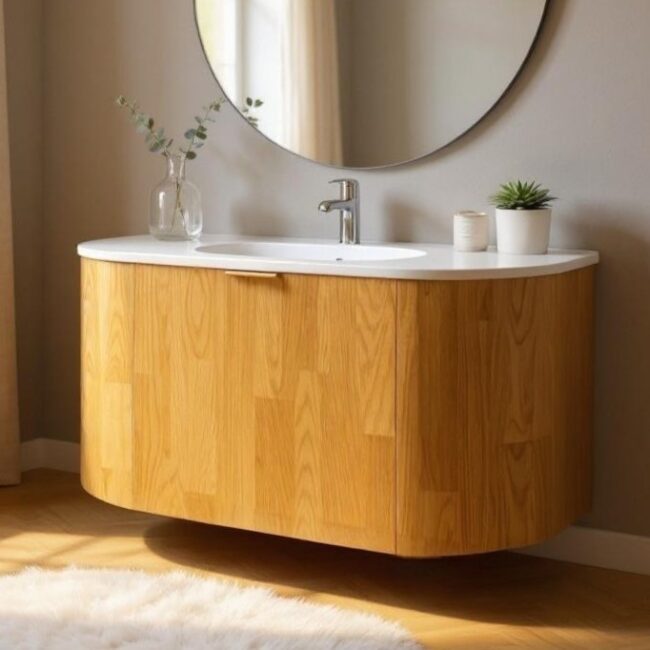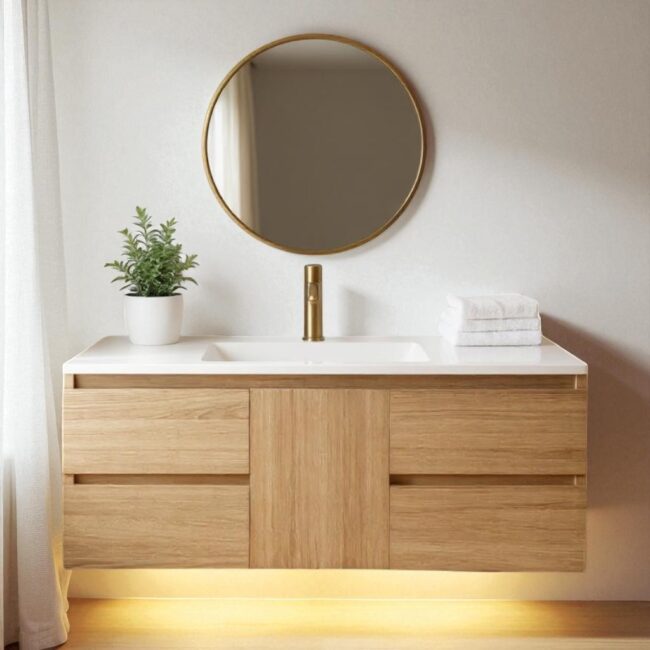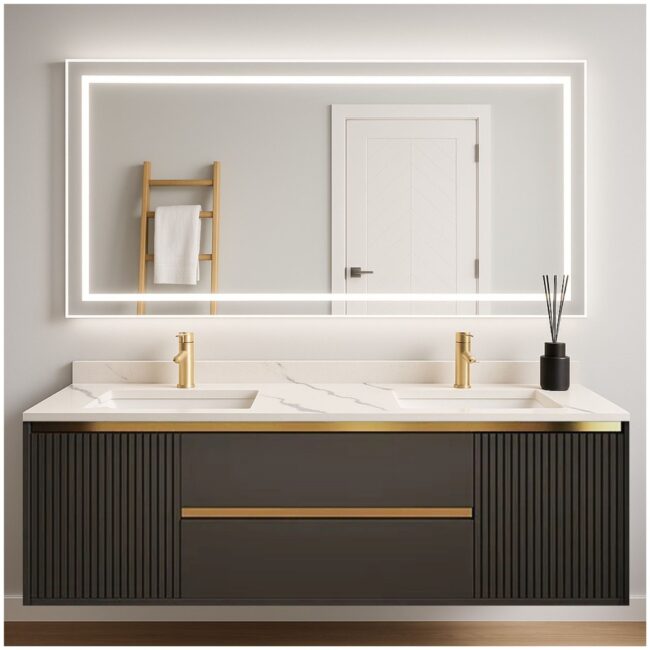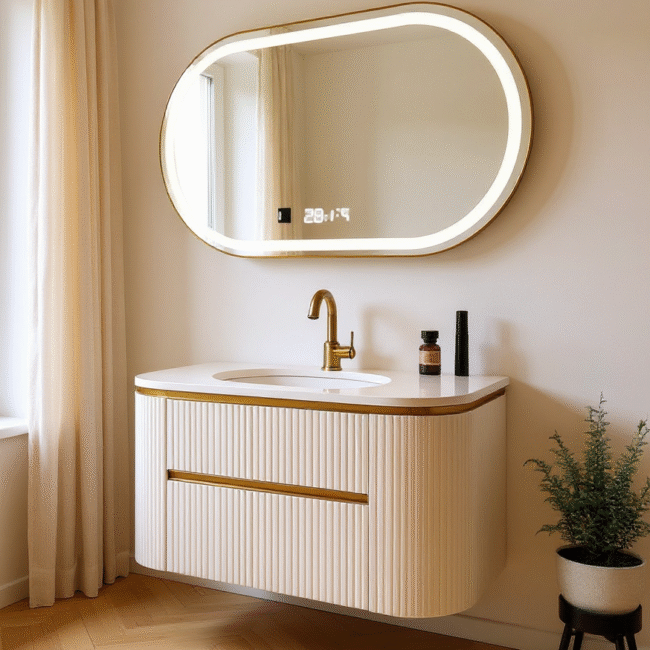What is the best alternative to quartz countertops?
You’re probably reading this because you’ve heard about the growing health crisis linked to the manufacturing of engineered quartz countertops. Engineered quartz stone contains a very high percentage of crystalline silica. For homeowners with installed quartz countertops, the risk of silicosis is due to the potential for scratches, which releases harmful silica dust into the air. Inhalation of this dust can lead to silicosis, a serious, irreversible, and sometimes fatal lung disease. This has become a significant health concern in the industry, leading to increased safety regulations and even bans on engineered stone in some regions. Read on to learn more about the issue and what are your options. Learn about the best alternative to quartz countertops – sintered stone – a revolutionary material that is durable, easy to maintain, causes no harm during manufacturing and is made from natural materials.
Protecting Worker Health with Sintered Stone
Quartz Countertop Concerns
Understanding Silicosis Risk in Quartz Countertop Manufacturing
Engineered quartz countertops have gained immense popularity for their durability and aesthetics. However, a serious health concern has emerged regarding their manufacturing: the risk of silicosis. This irreversible and potentially fatal lung disease is caused by inhaling fine crystalline silica dust, a significant component of engineered quartz (often over 90%).
The Dangers of Silica Dust Exposure
During the fabrication process of quartz countertops – cutting, grinding, and polishing – substantial amounts of respirable crystalline silica dust are released into the air. Workers exposed to this dust are at high risk of developing silicosis. This has led to increased awareness, stricter regulations, and even bans on engineered stone in some regions to protect workers.
Looking for a Safer Surface?
Discover Sintered Stone
If you’re concerned about the health risks associated with quartz manufacturing, sintered stone presents an excellent and increasingly popular alternative. Unlike engineered quartz, sintered stone is made from natural minerals (like quartz, feldspar, and porcelain) that are subjected to intense heat and pressure to create an incredibly dense and durable surface without the high percentage of crystalline silica found in quartz.
Why Choose Sintered Stone?
- Lower Silica Content: Generally contains significantly less crystalline silica compared to engineered quartz, making its manufacturing a safer process for workers.
- Exceptional Durability: Highly resistant to scratches, stains, heat, and UV rays, often surpassing quartz in certain aspects.
- Versatile Applications: Ideal for countertops, flooring, wall cladding, and even outdoor use.
- Stylish Aesthetics: Available in a wide range of colors and finishes to complement any design.
Learn more about Sintered Stone
Discover the Features and Benefits that make Sintered Stone the IDEAL countertop for your home.
Read MoreMake a Conscious Choice for Health and Beauty
When choosing your next countertop, consider the broader impact of your decision. By opting for sintered stone, you're not only selecting a high-performance and beautiful material for your space but also supporting a potentially safer manufacturing environment for industry workers.

Florence 79″ ultra-modern dining table with a sleek sintered stone top (8 People)
